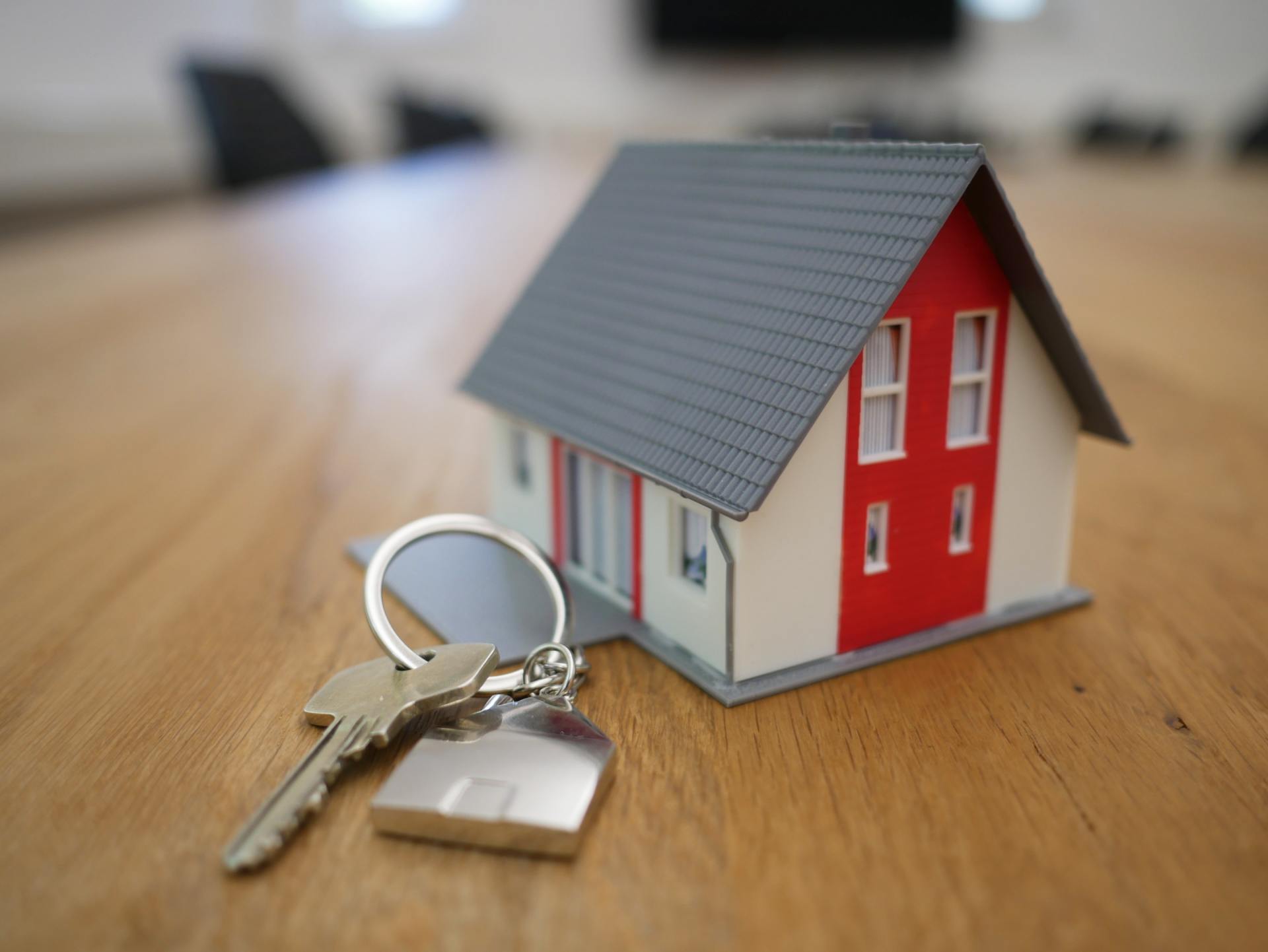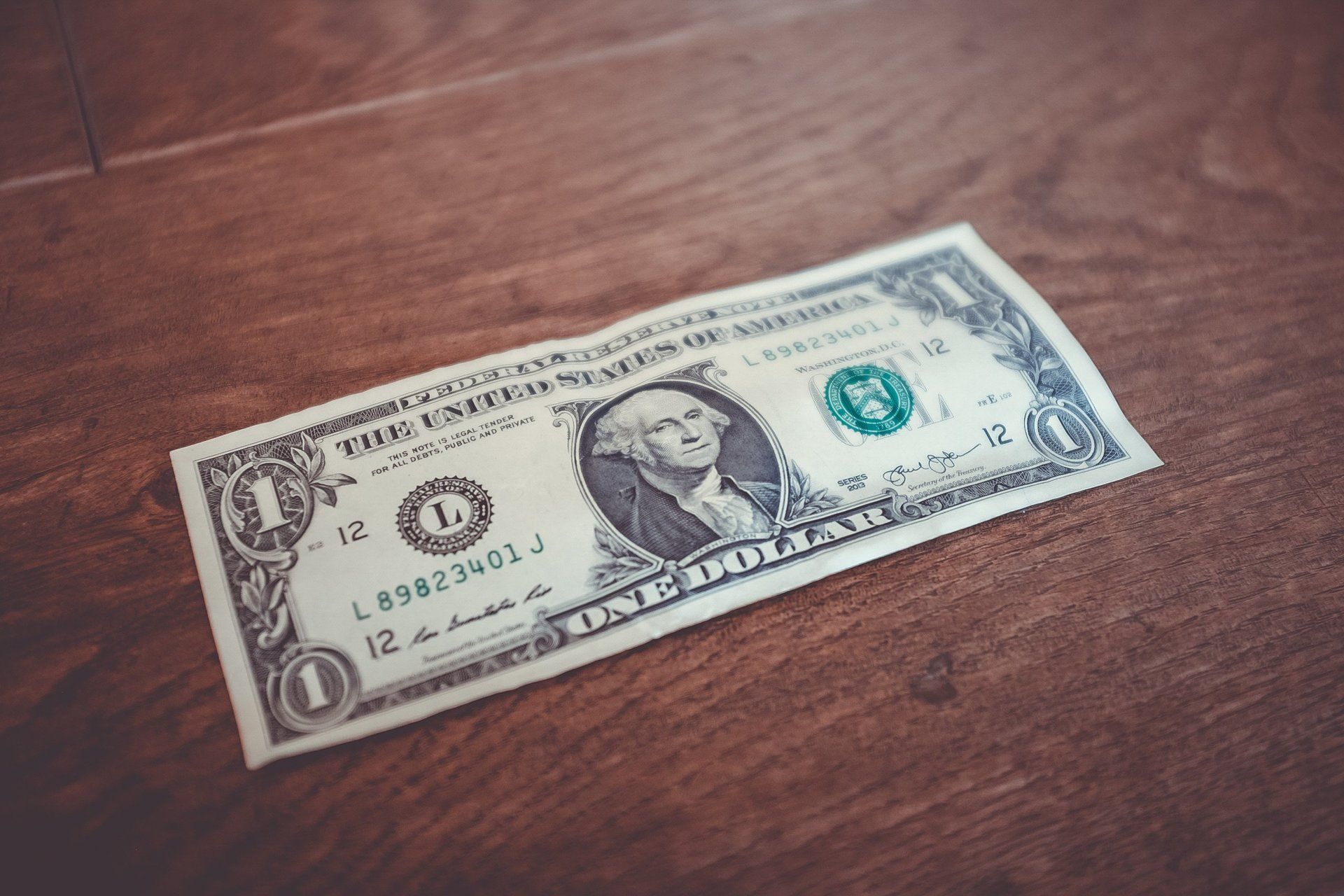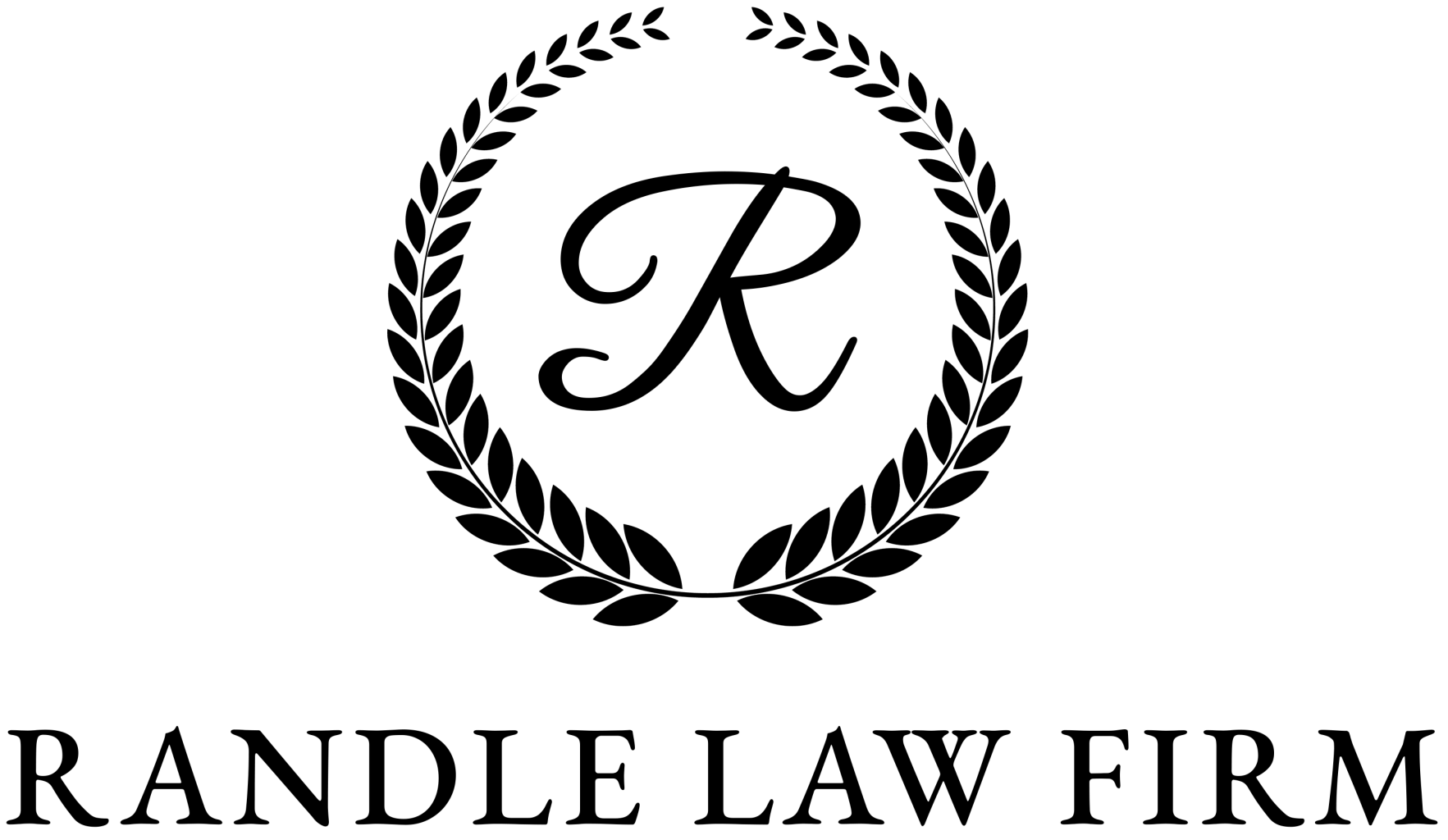Location:
8898 Old Lee Hwy
Suite 106
Ooltewah, TN 37363
Email: april@aprilrandlelaw.com
Phone: 423-521-8000
Fax: 423-521-8001
Top 10 Reasons People Choose Bankruptcy
Top 10 Reasons People Choose Bankruptcy
Financial burdens are everywhere, and almost every American has some form of debt to pay off. Some debt is a direct result of poor spending habits and bad financial decisions; however, most people simply fall on hard times such as a job loss, pay cuts, health issues or taking care of family.
The truth is that anyone can find themselves facing bankruptcy. Here are 10 reasons why people file for bankruptcy to help them begin again, debt-free.
Medical Bills
The studies vary on the exact amount of medical expenses that contribute to bankruptcy filings, but most agree that nearly 60% of all bankruptcies occur because of insurmountable medical bills. Injuries and illnesses can occur at any time, and often occur at the worst of times. Whether you are trying to pay for a child’s treatment or your own, the bills can stack up quickly with no end in sight. It’s hard for anyone to be in a position where they can easily pay off medical bills.
Losing a Job
In the recession of 2008 and its wake, many hard-working Americans were forced out of their jobs, some after decades of company loyalty.
Much like health problems, there is no good time to lose your job. Those who are fortunate enough to have a small cushion stashed away for such an occasion may be able to stave off bankruptcy until the next job; however, most Americans are not able to save for such events. Most people find themselves unable to catch up on bills even if they obtain new employment.
Bankruptcy allows you to either discharge the debt in a Chapter 7 or it allows you to restructure debt in a Chapter 13 without having to catch up on bills before filing.
Divorce
Unfortunately, half of all marriages end in divorce, which can leave both parties in a serious financial bind. Typical families struggle to provide for themselves and their children with two incomes and only one household; however, when divorce creates two separate households, child support obligations and outstanding debt, bankruptcy may be a good option for both parties.
Sometimes bankruptcy is a good option to pursue before the parties divorce because the fees for a joint filing are typically less than two individual filings. Ask your divorce attorney to consult with your bankruptcy attorney to see if filing before divorce is right for you. If you are already divorced and struggling with child support and marital obligations, there are some special circumstances where marital debts can be discharged or paid through a Chapter 13.
Debt Collectors
You may be surprised, but many people choose bankruptcy so they can avoid future harassment from debt collectors. It is against the law for debt collectors to pursue you once you have filed for bankruptcy. Filing for bankruptcy will not only free you from debt, but stop your creditors from harassing you.
Wage Garnishments
Wage garnishments can happen for a variety of reasons, but at the end of the day your paycheck is significantly less than it should be and only covers one of your debts. Bankruptcy can stop wage garnishments and even out the playing field to put you back in control of who and what each creditor gets paid.
Foreclosure/Repossession
Losing your home or car can be detrimental to your well-being and livelihood. For anyone with a family, losing a home is even more terrifying. Bankruptcy can provide a way for you to erase your debts without having to sacrifice your home or even a vehicle. A repayment plan under bankruptcy is the ONLY way to stop a foreclosure or repossession if a creditor will not work with you. A Chapter 13 gives you up to five years to catch up your mortgage payments instead of requiring that it be paid in a lump sum.
Unexpected Disasters
Earthquakes, tornadoes, hurricanes, fires, and flooding are just some of the unexpected disasters that can leave you without a home or car. Your life can be turned upside in an instant. It is terrible to have suffered a loss from this kind of disaster but even devastating to be stuck with debt that you cannot pay stemming from the event. Bankruptcy can be a viable option for dealing with this kind of horrible loss.
PayDay Loan Schemes
Pay day loan and cash advance stores seem to be on every corner and although they appear to offer a quick fix to get the harassing creditor off of your back, it is almost impossible to pay off the loans because of the high interest rates and renewal fees. If you have an emergency one time and take out a payday loan that might be a convenient solution; however, most people that borrow from payday loan establishments take out many payday loans at one time and simply find themselves renewing the loan instead of ever paying down on the original debt that was borrowed. Bankruptcy can erase payday loan and cash advance debt or allow you to pay them back on your terms in a Chapter 13 bankruptcy.
Family Obligations
With an aging population, many children find that they are taking care of their parents who do not have enough from social security or pensions to make ends meet. Conversely, many parents are taking care of grandchildren when their own children get into trouble or cannot meet their financial obligations. It is hard to see family hurting; however, many times helping family generates the need to file bankruptcy.
Taxes and Student Loans
It is a common misconception that tax debt and student loans cannot be included in a bankruptcy. Although it is true that a Chapter 7 bankruptcy rarely discharges student loan debt or tax debt that is less than 3 years old, a Chapter 13 repayment plan offers lots of options to those that are facing tax liens and levies and student loan garnishments. Tax debt can be included in a Chapter 13 bankruptcy and it will stop penalties and interest from accruing while you are in the bankruptcy. Student loan garnishments and tax interceptions can be stopped during a Chapter 13 plan even though the debt survives a bankruptcy.
Due to the overwhelming default on student loan debt, Chapter 13 can be an excellent option for those who can’t qualify for any other program.
These are the most common reasons why people file for bankruptcy. Your situation may look bleak, but bankruptcy can help you start again. If you’re facing any of these situations and are living in the Chattanooga, TN, area, then be sure to contact April Randle today to see if bankruptcy is right for you.
What’s next?
- Contact our offices for a consultation.
- Read our FAQ section for more answers to your bankruptcy questions.






-Office: 8898 Old Lee Hwy, Suite 106, Ooltewah, TN 37363
-Mailing:
P.O. Box 814, Ooltewah, TN 37363
-Email:
April@AprilRandleLaw.com
-Phone: 423-521-8000
-Fax:
423-521-8001
Law Office of April Perry Randle, PLLC.
(All Rights Reserved.)



